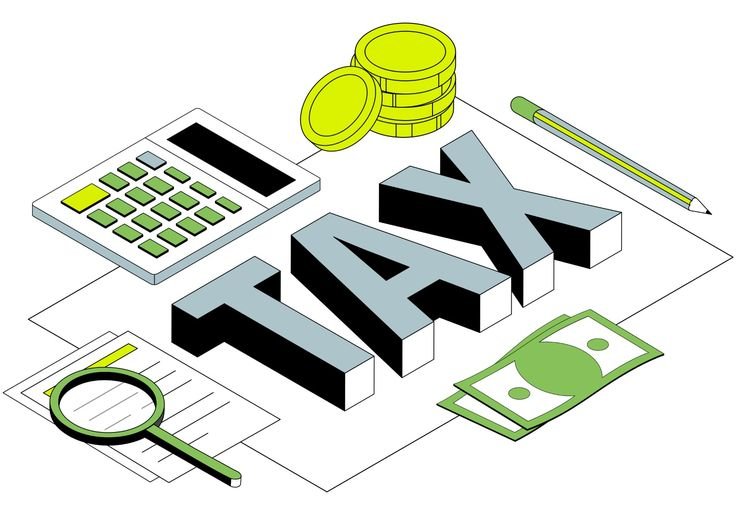When men decide to build a life abroad whether as digital nomads, investors, or simply adventurers, taxes are often the last thing on their minds. But here’s the hard truth: the smallest tax mistake, made innocently, can spiral into massive financial and legal problems. Unlike a missed utility bill, tax authorities in both your home and host countries rarely forget, and the penalties compound over time.
Understanding how these mistakes snowball is the first step toward protecting yourself, your freedom, and your money.
1. The Illusion of “Small” Mistakes
Many expats think tax rules are flexible if they’re not earning millions. A forgotten form, a late filing, or underreporting by just a few thousand dollars doesn’t seem like a big deal. But in international taxation, these “small” errors often trigger:
- Automatic penalties (late filings can carry flat fines, not proportional ones).
- Compound interest on unpaid balances.
- Increased scrutiny,tax agencies flagging you for audits that open every part of your financial life.
- In short, what looks like a minor oversight is treated as a red flag.
2. Double Trouble: Dual Tax Systems
If you’re a U.S. citizen, you already face worldwide taxation. But even non-Americans often get caught between two or more tax systems. Here’s how the snowball effect works:
Step 1: You underreport income in your host country, thinking your home country filing covers it.
Step 2: Your host country notices the gap and applies fines.
Step 3: Your home country cross-references data through global information-sharing agreements (like FATCA or CRS).
Step 4: Both tax systems penalize you, and now you’re paying twice,plus dealing with legal representation.
The overlap between jurisdictions means mistakes multiply, not cancel out.
3. The Banking Trap
Modern banking transparency has made “keeping accounts quiet” almost impossible. A common mistake is failing to disclose foreign bank accounts. Some men open local accounts abroad to handle daily life expenses, but forget the reporting obligations:
- In the U.S., this means FBAR and FATCA forms.
- In the EU and other regions, banks automatically share your information with tax agencies.
- Failing to report a small €5,000 balance can lead to fines larger than the account itself.
4. Residency Rules Confusion
Residency isn’t just about where you live,it’s about where tax law says you’re liable. Every country has different “residency tests,” often based on days spent there, ties like property or family, or even where your center of life is.
Small mistakes happen when:
- You assume being on a tourist visa means no tax obligation.
- You don’t track your days accurately.
- You maintain ties (like property or dependents) without realizing it qualifies you as a tax resident.
- Suddenly, you’re paying taxes in two places without even knowing it.
5. From Error to Crisis
Here’s how a tiny slip becomes a crisis:
Year 1: You forget to file a form.
Year 2: Penalties and interest are added quietly in the background.
Year 3: Your host country cross-checks with your home country; you’re flagged.
Year 4: A letter arrives demanding back taxes, fines, and proof of compliance.
Year 5: You’re now negotiating with lawyers, accountants, and possibly immigration officers about your right to stay.
By the time the mistake surfaces, the cost,financial, emotional, and legal,is many times greater than the original oversight.
6. How to Protect Yourself
Hire professionals early. A qualified international tax advisor is worth far more than the penalties you’ll face without one.
Keep meticulous records. Track your days, accounts, and all income streams.
Understand treaties. Tax treaties can prevent double taxation, but only if you know how to claim benefits properly.
Stay proactive. Don’t wait for the government to find your mistake. Fix it before it grows.
Final Thought
When you live abroad, taxes aren’t just a yearly annoyance,they’re a test of discipline and foresight. The smallest oversight today can turn into a life-altering problem tomorrow. True leadership, especially as a man building a life across borders, means respecting the systems you live under and handling your responsibilities before they handle you.
Living globally is freedom,but freedom without responsibility is just chaos waiting to happen.













